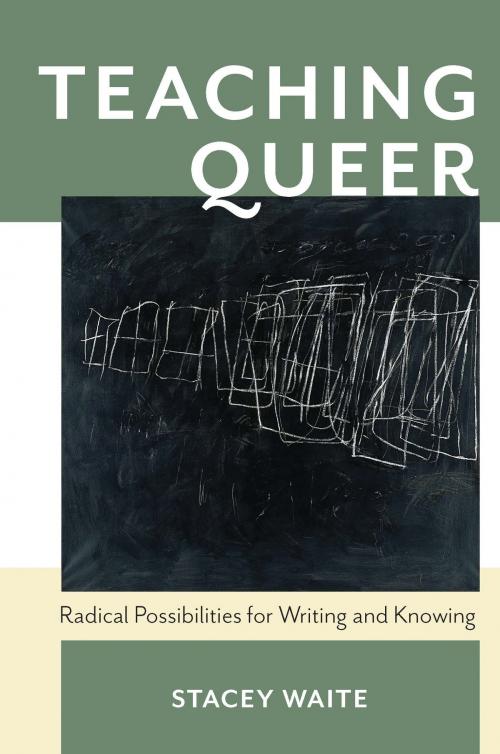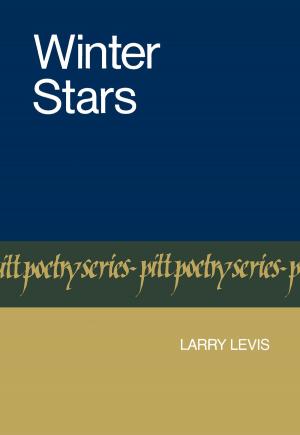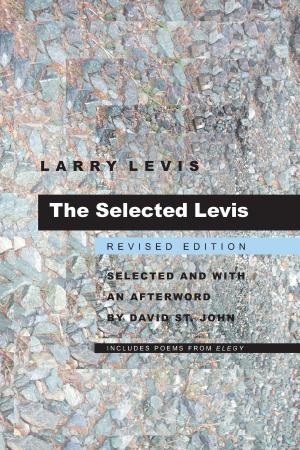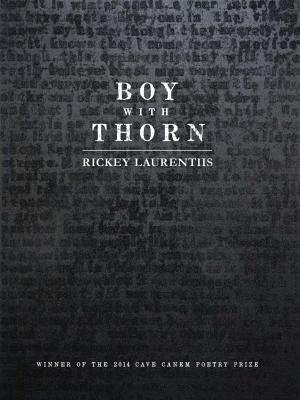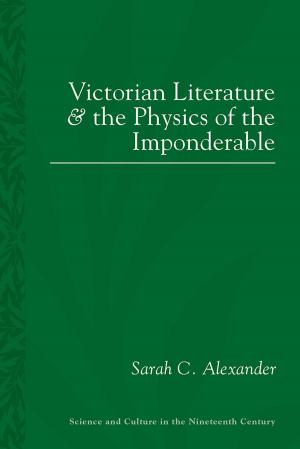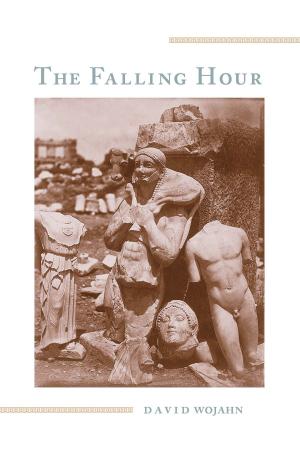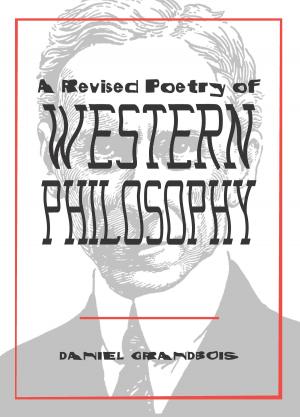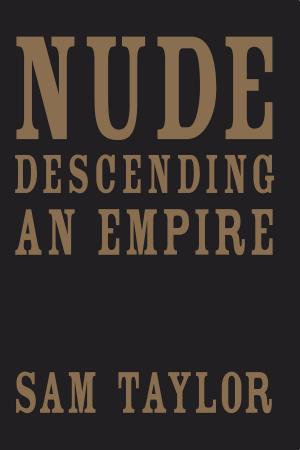Teaching Queer
Radical Possibilities for Writing and Knowing
Nonfiction, Reference & Language, Language Arts, Study & Teaching, Writing & Publishing, Composition & Creative Writing| Author: | Stacey Waite | ISBN: | 9780822982777 |
| Publisher: | University of Pittsburgh Press | Publication: | July 14, 2017 |
| Imprint: | University of Pittsburgh Press | Language: | English |
| Author: | Stacey Waite |
| ISBN: | 9780822982777 |
| Publisher: | University of Pittsburgh Press |
| Publication: | July 14, 2017 |
| Imprint: | University of Pittsburgh Press |
| Language: | English |
Teaching Queer looks closely at student writing, transcripts of class discussions, and teaching practices in first-year writing courses to articulate queer theories of literacy and writing instruction, while also considering the embodied actuality of being a queer teacher. Rather than positioning queerness as connected only to queer texts or queer teachers/students (as much work on queer pedagogy has done since the 1990s), this book offers writing and teaching as already queer practices, and contends that the overlap between queer theory and composition presents new possibilities for teaching writing. Teaching Queer argues for and enacts “queer forms”—non-normative and category-resistant forms of writing—those that move between the critical and the creative, the theoretical and the practical, and the queer and the often invisible normative functions of classrooms.
Teaching Queer looks closely at student writing, transcripts of class discussions, and teaching practices in first-year writing courses to articulate queer theories of literacy and writing instruction, while also considering the embodied actuality of being a queer teacher. Rather than positioning queerness as connected only to queer texts or queer teachers/students (as much work on queer pedagogy has done since the 1990s), this book offers writing and teaching as already queer practices, and contends that the overlap between queer theory and composition presents new possibilities for teaching writing. Teaching Queer argues for and enacts “queer forms”—non-normative and category-resistant forms of writing—those that move between the critical and the creative, the theoretical and the practical, and the queer and the often invisible normative functions of classrooms.
